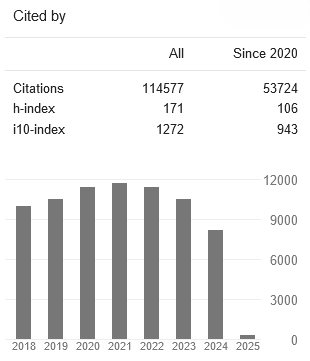Institutional Environment, Government Intervention, and the Performance of High-tech Zones Empirical Evidence from Transition Economy
- Ke Xiong
- Xiwei Yi
- Xiaolong Liu
- Zhuoqi Li
Abstract
High-tech zones emerged as a way to manage, design and promote local high-technology entrepreneurship.
Extant theories have elaborated the underlying mechanism of high-tech zones from Industries Cluster
Perspective, Transaction Cost Theory and Social Capital Theory. However, these analyses are mainly conducted
under the developed markets where institutional environment is comparatively perfect. While high-tech zones
are now increasingly a popular adoption in transition economy, limited literature has investigated the
characteristics of high-tech zones under such economy. In this paper, we studied how institutional imperfection,
mainly characterized as government intervention, exerts an adverse impact on the performance of high-tech
zones. Using the data of Chinese National High-tech Zones from 2006-2007, the empirical results support our
hypotheses that government intervention influences the performance of high-tech zones through the degree of
duplicate constructions and the quality of in-zone industrial configuration.
- Full Text:
 PDF
PDF
- DOI:10.5539/ijbm.v7n4p112
Journal Metrics
Google-based Impact Factor (2023): 0.86
h-index(2023): 152
i10-index(2023): 1168

Index
- Academic Journals Database
- ACNP
- AIDEA list (Italian Academy of Business Administration)
- ANVUR (Italian National Agency for the Evaluation of Universities and Research Institutes)
- Berkeley Library
- CNKI Scholar
- COPAC
- EBSCOhost
- Electronic Journals Library
- Elektronische Zeitschriftenbibliothek (EZB)
- EuroPub Database
- Excellence in Research for Australia (ERA)
- Genamics JournalSeek
- GETIT@YALE (Yale University Library)
- IBZ Online
- JournalTOCs
- Library and Archives Canada
- LOCKSS
- MIAR
- National Library of Australia
- Norwegian Centre for Research Data (NSD)
- PKP Open Archives Harvester
- Publons
- Qualis/CAPES
- RePEc
- ROAD
- Scilit
- SHERPA/RoMEO
- Standard Periodical Directory
- Universe Digital Library
- UoS Library
- WorldCat
- ZBW-German National Library of Economics
Contact
- Stephen LeeEditorial Assistant
- ijbm@ccsenet.org
